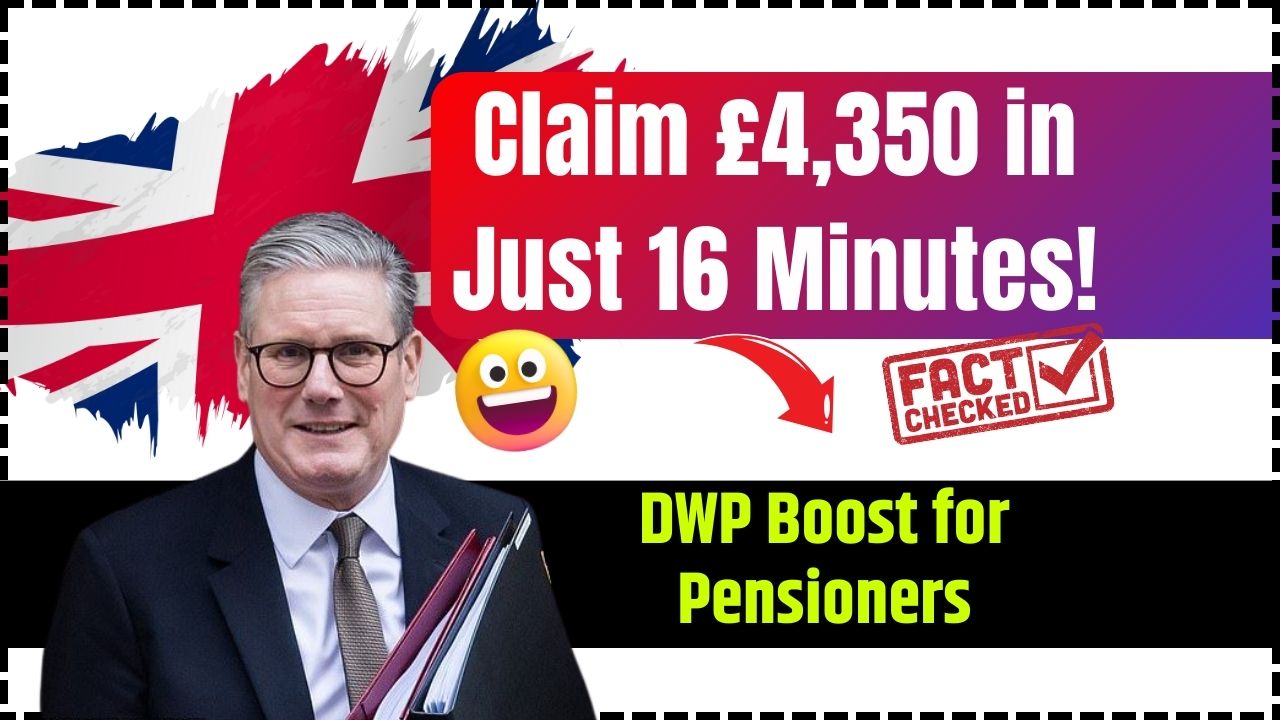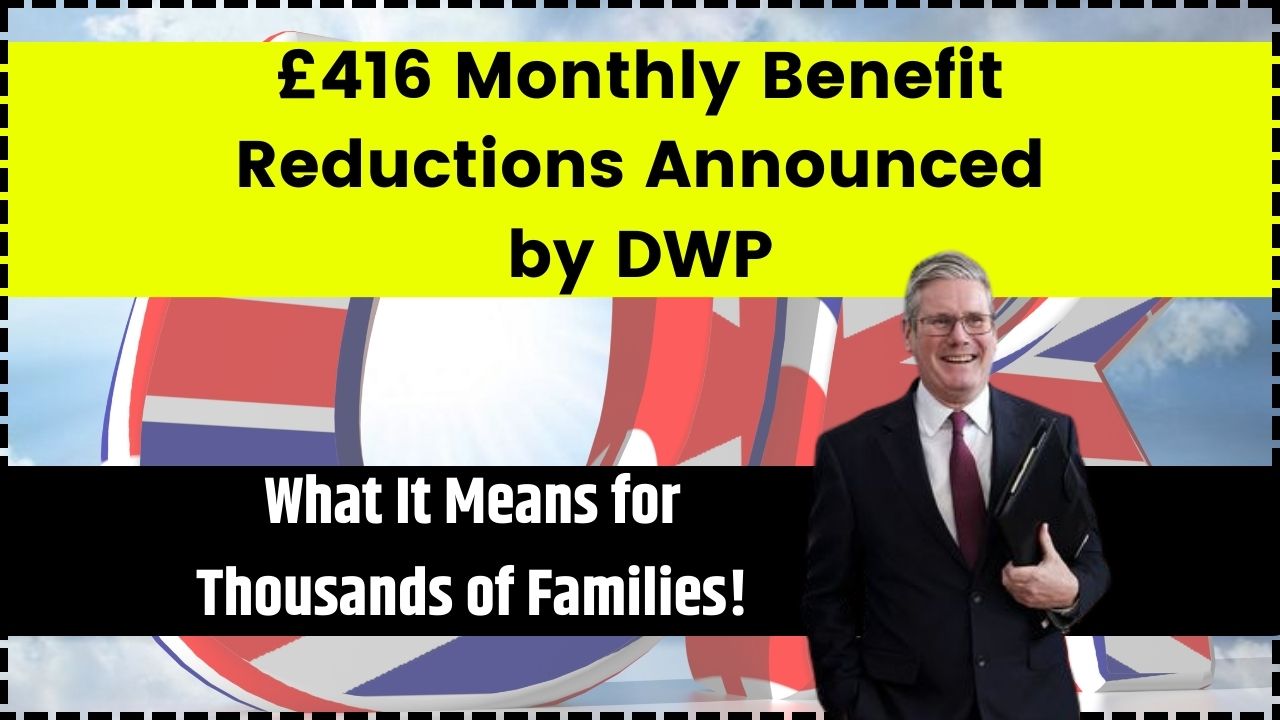
Eligible for the $996 Stimulus: In 2025, as inflation and utility costs continue to challenge household budgets across the United States, more and more families are looking for relief in unexpected places. One such opportunity is the $996 stimulus payment provided through the Home Energy Assistance Program (HEAP). While it may not be a direct cash payout like the COVID-era stimulus checks, it serves as a lifeline to those struggling to keep their homes warm during the winter and cool during extreme heat.
This payment, which many are referring to as the “$996 stimulus,” is technically a heating and energy bill support grant rather than a traditional government stimulus. It is administered at the state level but funded by the federal government, making it available nationwide (although the amount and eligibility rules can differ based on where you live). This in-depth guide will help you understand what this benefit is, who qualifies, how to apply, and why you shouldn’t wait until the deadline to claim it.
Eligible for the $996 Stimulus
| Feature | Details |
|---|---|
| Stimulus Amount | Up to $996 through HEAP assistance |
| Program Name | Home Energy Assistance Program (HEAP) |
| Eligibility Criteria | Low-income households, energy burden, elderly or disabled priority |
| Deadline to Apply | Varies by state; typically Nov 1 to Apr 30 |
| How Funds Are Paid | Directly to energy providers (not to individuals) |
| State-specific Details | New York HEAP Site |
| Program Type | Federal grant administered by states—no repayment required |
As families and individuals across the U.S. face skyrocketing utility bills and budget constraints, programs like HEAP’s $996 stimulus are more important than ever. While the name “stimulus” might be a bit misleading, the financial relief it offers is very real and very impactful.
If you think you might be eligible—even if you’re not sure—it’s worth checking. Applications take time to process, and funds are limited, so acting early is critical. Take a proactive step for your household and secure the support you need to stay warm, safe, and financially afloat. Don’t wait until the deadline—apply for your HEAP benefits today.
What Is the $996 Stimulus and Who Offers It?
The so-called $996 stimulus is a maximum amount available to eligible applicants through the Home Energy Assistance Program (HEAP). HEAP is a federally supported initiative designed to help qualifying individuals and families with their home energy costs. The program operates year-round, though most people apply for heating help in the winter and cooling aid in the summer.
In states like New York, the amount can be as much as $996, especially for households that meet specific hardship criteria. The funds are not deposited into personal bank accounts; rather, they are sent directly to your energy provider. This ensures that the assistance is used specifically for energy expenses, reducing the likelihood of shutoffs due to missed payments.
HEAP doesn’t only cover regular energy bills. It can also help with emergency situations, furnace repair or replacement, and cooling aid for those living in hot climates or experiencing medical conditions exacerbated by heat.
Why the $996 Stimulus Matters in 2025
The rising cost of living, particularly in utilities, has forced many people to make difficult choices—sometimes choosing between heating their homes and buying food or medications. This is where the HEAP benefit makes a crucial difference.
A recent report by the U.S. Energy Information Administration (EIA) found that energy prices remain significantly above pre-pandemic levels, with heating fuel costs up nearly 15% year-over-year in some regions. That, combined with high inflation and stagnant wages, has made energy insecurity a growing concern.
The $996 benefit is therefore more than just financial support—it’s a protective measure for low-income families, seniors, and individuals with disabilities who are disproportionately affected by utility price hikes.
Who Qualifies for the $996 HEAP Payment?
Eligibility is determined at the state level, which means that the income thresholds and benefit amounts can vary slightly. However, there are general requirements that most states follow:
1. Income Requirements
Eligibility depends on the size of your household and your gross monthly income. For example, in New York for the 2024–2025 season:
- 1 person household: up to $3,035/month
- 2 person household: up to $3,970/month
- 4 person household: up to $5,857/month
Some states may use annual income limits, and others may consider additional benefits such as SNAP (food stamps) or SSI when determining eligibility.
2. Residency & Citizenship
- You must be a U.S. citizen or legal resident.
- You must live in the state where you’re applying.
3. Energy Burden Documentation
You must provide proof that you pay heating or energy costs directly to a provider or that it’s included in your rent. This can include:
- Recent utility bills
- Lease agreements (if utilities are included)
4. Priority Groups
Many HEAP programs prioritize assistance to the most vulnerable populations:
- Households with individuals over 60 years old
- People with disabilities
- Families with young children (under age 6)
- Veterans and those facing energy emergencies
Claim the $996 Stimulus: Eligible for the $996 Stimulus Guide
Getting access to the HEAP payment requires a bit of paperwork, but the process is straightforward if you follow the steps:
- Check Your Eligibility:
- Visit your state’s HEAP website or go to Benefits.gov
- Some states also offer an eligibility screener tool
- Prepare Documentation: You’ll generally need,
- Recent utility bills
- Proof of identity for each household member
- Proof of income (pay stubs, unemployment benefits, Social Security)
- Proof of residency (rent receipts, lease, mortgage, utility statement)
- Submit Your Application: Options include,
- Online portals (e.g., myBenefits.ny.gov in New York)
- In-person applications at local HEAP offices or DSS offices
- Mail-in paper applications if preferred
- Application Review: Most applications are processed within 30 to 45 days. Emergency assistance applications may be fast-tracked.
- Receive Confirmation:
- You will be notified by mail or online
- Approved funds are sent directly to your energy provider
- Keep all records for your personal files
Other HEAP-Related Assistance You Should Know About
Emergency HEAP Benefits
If you’ve received a shutoff notice or your heating source is nearly depleted, you may qualify for emergency aid. This often includes expedited processing.
Heating Equipment Repair and Replacement
- Covers costs for furnace or boiler repairs
- Available once every 10 years, unless there’s a safety issue
Cooling Assistance
- Grants to buy or install air conditioning units
- Typically available during extreme heat periods
- Requires medical documentation in some cases
Real-Life Example: Meet James and Maria
James and Maria, a retired couple in Albany, NY, live on a fixed Social Security income of $3,000 per month. Each year, their winter gas bill runs as high as $500 monthly. Concerned about how to manage these expenses without dipping into their savings, they turned to HEAP in late November 2024.
With the assistance of a local nonprofit, they:
- Submitted their application online
- Uploaded proof of income and utility bills
- Were approved in just 17 days
The program sent $996 directly to their gas provider, which covered two months of bills and gave them breathing room financially. With the pressure off, they used the savings to buy medications and pay for their grandson’s winter coat.
FAQs On Eligible for the $996 Stimulus
Q1: Is the $996 stimulus a physical check?
No. It’s a vendor payment—the money goes straight to your energy provider.
Q2: Can renters qualify?
Yes, as long as heating is paid separately or included in rent with proper documentation.
Q3: Do I need to pay the money back?
Absolutely not. HEAP benefits are grants—not loans.
Q4: How often can I apply?
Most states allow one regular application per season, and a separate emergency application if applicable.
Q5: What if my situation changes?
Update your application or contact your local HEAP office if your income or living situation changes.








